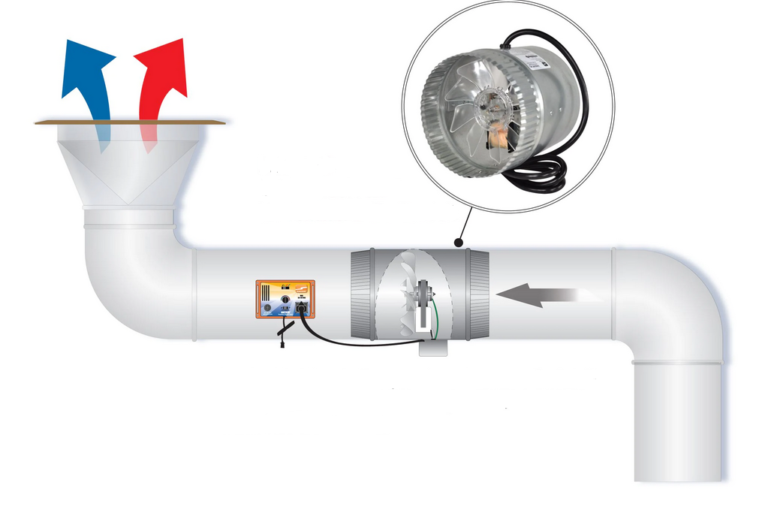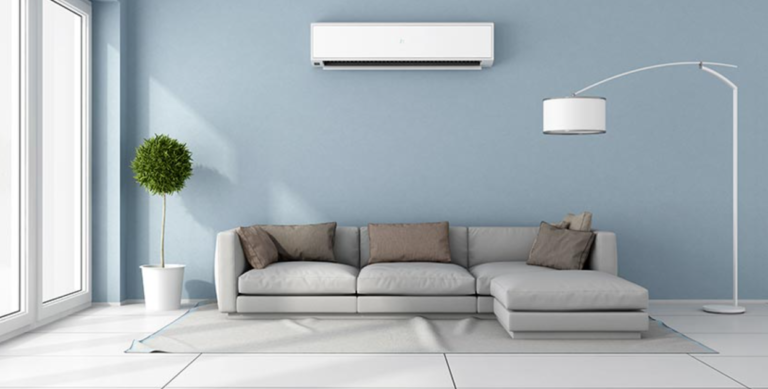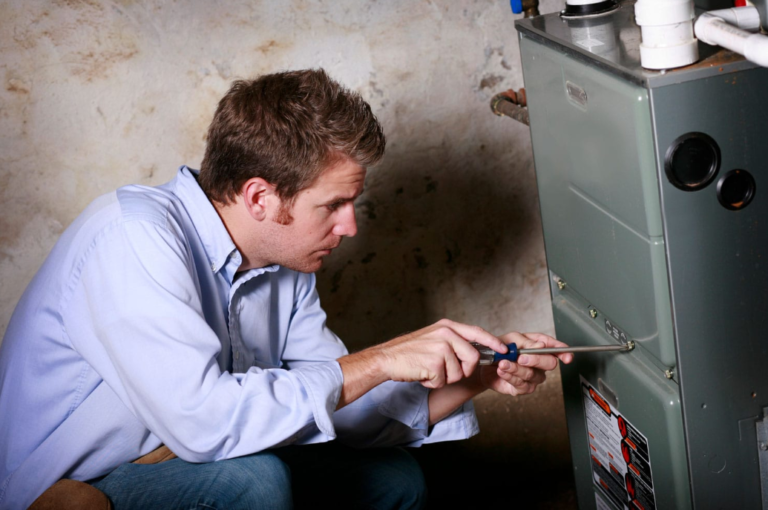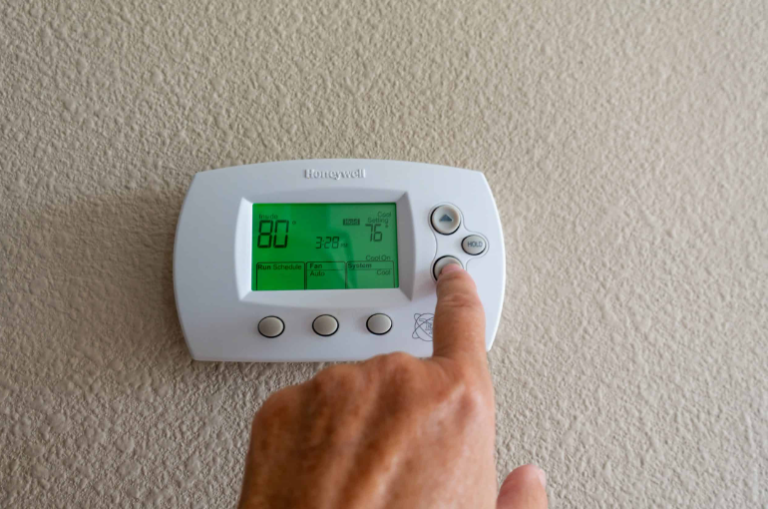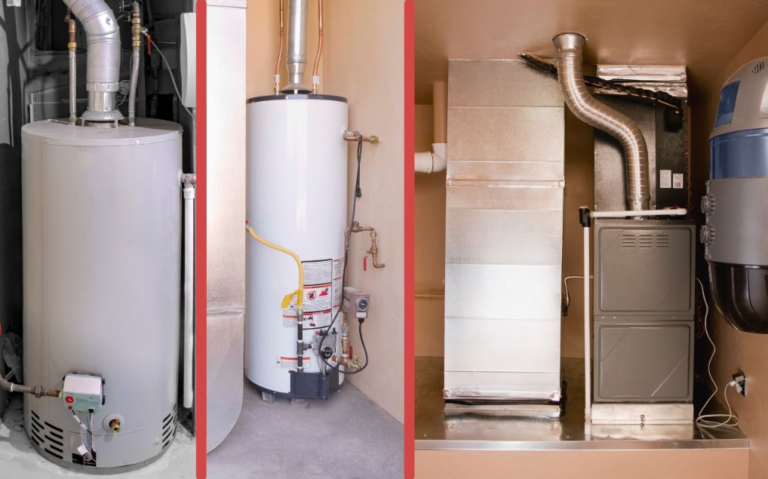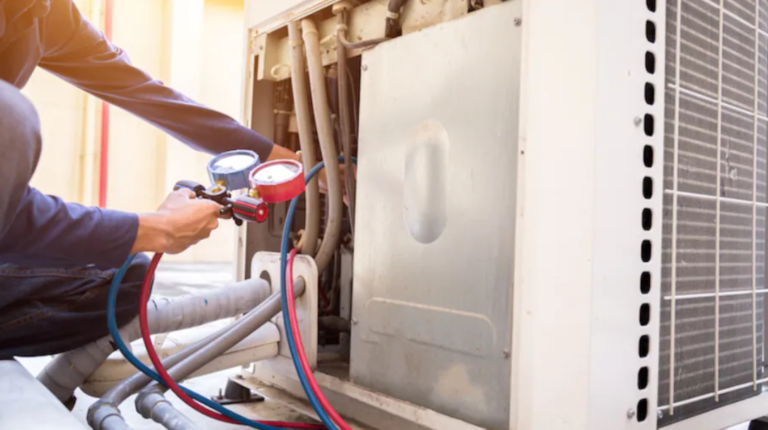10 Probable Reasons Why Your Heat Pump Is Leaking
10 Probable Reasons Why Your Heat Pump Is Leaking.
A heat pump is a mechanical-compression cycle refrigerant device. It transfers heat from your home to the outdoors (or vice versa) and is commonly used in homes and businesses as an energy-efficient alternative to electric resistance heating or natural gas furnaces.
Why is My Heat Pump Leaking? 10 reasons
There are many reasons why your heat pump may be leaking. Here are 10 of the most common causes:
- Improper installation
- Poor maintenance
- Clogged filters
- Frozen coils
- Refrigerant leaks
- Damaged fan blades
- Worn out bearings
- Electrical problems
- Thermostat issues
- Leaking ductwork
Let’s break them down in detail:
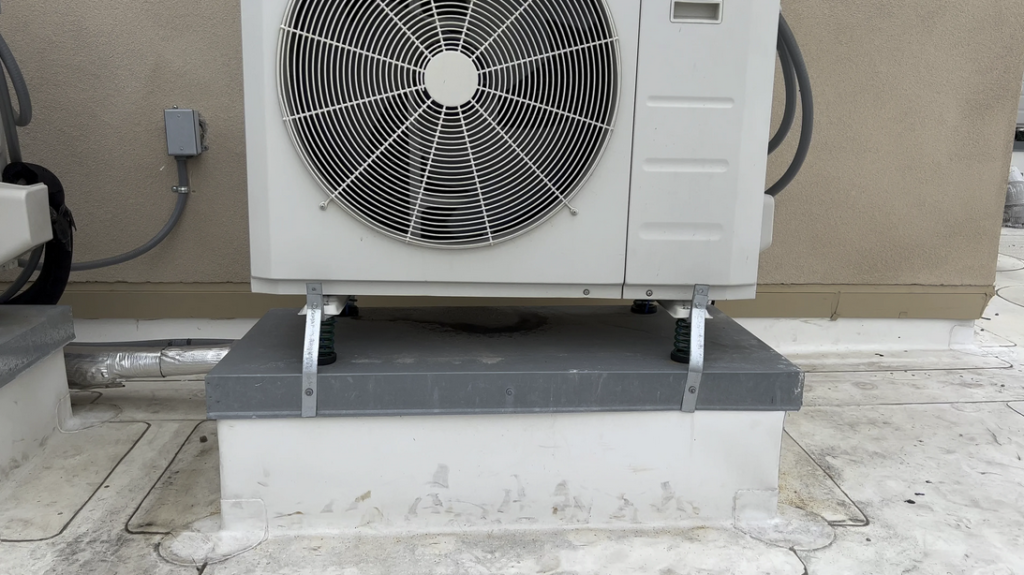
Improper installation
If your heat pump is leaking, it could be due to improper installation. There are a few things that can go wrong during installation that can cause leaks. If the unit is not level, the refrigerant lines can become damaged and leak. The evaporator coil must be properly installed and insulated to prevent condensation from forming and causing leaks. If the condenser is not properly installed, the Freon could leak out. Improperly installed heat pumps can also cause water damage to your home if the drainage system is not installed correctly.
Poor maintenance
If your heat pump is leaking, it could be due to poor maintenance. Heat pumps need to be regularly maintained in order to keep them working properly. If you don’t maintain your heat pump, it can lead to a number of problems, including leaks.
If you don’t regularly maintain your heat pump, it can develop leaks. The most common cause of leaks is a build-up of dirt and debris in the unit. When this happens, it can cause the seals and gaskets to wear out, which can lead to leaks.
If you’re not sure how to maintain your heat pump, there are a number of resources available online. There are also many companies that offer heat pump maintenance services. It’s important to find a reputable company that has experience with heat pumps.
Maintaining your heat pump is the best way to prevent leaks. By keeping your heat pump clean and well-maintained, you can avoid costly repairs and ensure that your unit lasts for years to come.
Related post: Why is my AC leaking water: 15 reasons (air handler water leak)
Clogged filters
There are several possible reasons for a heat pump leak, but one of the most common is clogged filters.
Filters are an important part of any HVAC system, and they need to be changed regularly in order to keep the system running smoothly. When filters get clogged, they can cause all sorts of problems, including leaks. If your heat pump has been leaking, check the filters to see if they need to be replaced.
In some cases, a clogged filter may not be the only problem. If your heat pump is leaking, it’s a good idea to have a professional inspect the unit to diagnose the problem and make sure it’s repaired properly.
Frozen coils
Often the heat pump is leaking due to low air flow over the coils. When this happens, the refrigerant inside the coils can’t absorb enough heat, causing it to condense and freeze.
There are a few things you can do to prevent your heat pump coils from freezing. First, make sure that there’s no blockage preventing air from flowing freely over the coils. Second, keep the temperature around the unit above freezing. And finally, if you live in an area with a lot of snowfall, invest in a good cover for your heat pump to keep the snow from blocking the air flow.
If your heat pump does freeze, don’t worry. Just turn off the unit and let it thaw out completely before turning it back on. If you try to turn it on while the coils are still frozen, you could damage the unit.
Refrigerant leaks
Your heat pump is designed to move heat from one place to another, either from the inside of your home to the outside or vice versa. In order to do this, your heat pump contains a refrigerant that helps to transfer the heat. Unfortunately, this refrigerant can sometimes leak out of your heat pump, causing it to operate less efficiently and ultimately leading to a breakdown.
There are a few reasons why your heat pump may start to leak refrigerant. First, the seals around the refrigerant lines can deteriorate over time, allowing the refrigerant to escape. Second, the compressor itself can develop cracks, allowing the refrigerant to seep out. Finally, if your heat pump is not properly maintained, dirt and debris can build up on the coils and create leaks.
If you think your heat pump may be leaking, it’s important to have it checked out by a professional as soon as possible. A leaking heat pump not only operates less efficiently but also wastes energy, which can end up costing you more money on your utility bills. In addition, a leaking heat pump can damage your home’s environment by releasing harmful chemicals into the air.
Damaged fan blades
Over time, the blades on your heat pump’s fan can become bent or damaged, causing them to rub against the housing and create a leak.
In some cases, the damage may be minor and the leak will be small. However, if the blades are severely damaged, the leak can be much larger. If left unrepaired, a large leak can lead to extensive damage to your heat pump and may even require replacement.
Fortunately, repairing damaged fan blades is relatively easy and usually only requires a few tools. If you’re comfortable working with tools, you can likely do the repair yourself. However, if you’re not confident in your abilities, it’s best to call a professional.
Assuming you decide to do the repair yourself, the first step is to remove the damaged blades. Be sure to wear gloves and eye protection while doing this, as the blades can be sharp. Once the damaged blades are removed, inspect the housing for any damage. If there is any damage to the housing, it should be repaired before proceeding.
Next, install the new blades. Make sure they are installed securely and that they are not rubbing against the housing. Once the new blades are in place, reassemble the heat pump and test it to ensure it is functioning properly.
If your heat pump is leaking due to damaged fan blades, don’t delay in getting the repairs done. Ignoring the problem will only make it worse and could eventually lead to expensive repairs or replacement.
Worn out bearings
A heat pump uses a compressor to move a refrigerant through a series of coils, which absorb and release heat as the refrigerant moves back and forth.
The bearings in a heat pump are what allow the compressor to function properly. Over time, these bearings can become worn out, causing the compressor to work less efficiently and eventually fail. When this happens, the refrigerant can leak out of the compressor, causing the heat pump to stop working altogether.
There are a few reasons why your heat pump’s bearings may become worn out. One is simply age – over time, the bearings will naturally wear down and need to be replaced. Another common cause is lack of lubrication. If the bearings aren’t properly lubricated, they will start to wear down faster.
If you notice that your heat pump is leaking, it’s important to have it checked out by a professional as soon as possible. A leaking heat pump can cause all sorts of problems, including decreased efficiency and higher energy bills. In some cases, it can even lead to water damage if the leak is not fixed quickly.
Electrical problems
If your heat pump is leaking, it could be due to a number of different issues. One possibility is that there is a problem with the electrical components of the heat pump. If the electrical components are not functioning properly, they can overheat and cause the unit to leak.
Thermostat issues
The most common reason a heat pump leaks is because of thermostat issues. If the thermostat is not working properly, it can cause the refrigerant to leak. The thermostat controls the amount of refrigerant that is circulated through the system. If it is not working properly, too much or too little refrigerant can be circulated, which can cause the system to leak.
Leaking ductwork
Ductwork is responsible for carrying both heated and cooled air from your heat pump to the different rooms in your home. Over time, however, the ductwork can become worn or damaged, which can lead to leaks. If your heat pump is located in an area where there is a lot of humidity, such as a basement, the ductwork can also become corroded.

